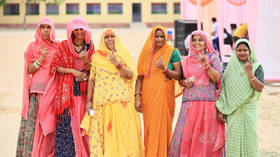Where Votes Dry Up: Villagers with no access to water stage mass election boycott, and Modi’s party may reap the benefits
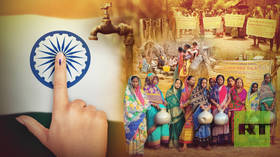
As India enters the final week of its lengthy Lok Sabha (lower house of parliament) election, one of the states which Prime Minister Narendra Modi is eyeing is Odisha, on the east coast.
He has set ambitious targets there in terms of seats for his Bharatiya Janata Party (BJP); he stands a good chance of winning, given growing frustration with the party that has ruled Odisha for the past 25 years, Biju Janata Dal (BJD).
One of the reasons Odisha Chief Minister Naveen Patnaik has lost support is that his government has broken its promises to provide water. Odisha has one of India’s driest districts, Kalahandi; it is also home to some of the poorest districts in the country, including Malkangiri, Koraput, Rayagada, Kandhamal, Nayagarh, Kalahandi, Bolangir, Sundargarh, Jharsuguda, Sambalpur, Gajapati, Boudh, Nabarangpur and Deogarh.
It should be no wonder, then, that 2,400 residents from 22 villages in Nabarangpur, Rayagada and Koraput districts abstained from voting on May 13, according to local media reports (Odisha is holding elections for its 21 parliamentary seats as well as the 147 seats in its state legislature).
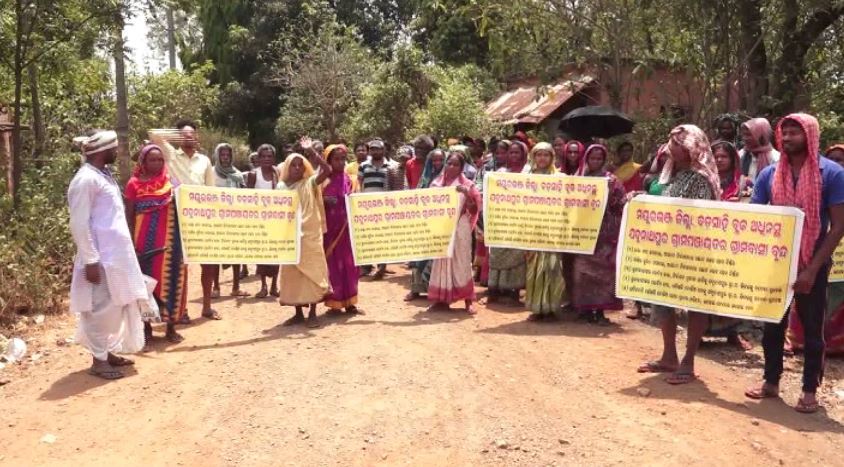
Deserted Polling Station
The polling booth in Gudiapatna village in Ganjam district seemed deserted on May 13; not a single voter turned up. Everyone boycotted the election to protest against the government’s apathy in providing drinking water, said a polling officer, on condition of anonymity. The village has two tube wells that go dry during the summer, forcing villagers to walk five kilometers to fetch a bucket of water. Even for the polling booth, water had to be brought in, the officer added.
Providing piped water at each doorstep and adequate irrigation were the BJD’s top promises in its 2019 election manifesto.
Thanks to the boycotts, even the BJD’s own internal survey shows it losing a chunk of seats (but scraping through barely to form the state government), while the BJP’s survey shows it winning handsomely.
In Kalahandi's Lanjigarh constituency, 16 villages boycotted the poll on May 13.
Purnima Singh of Hatikota village in Mayurbhanj fumed that the promise of piped water had eluded them for years. “We use contaminated water from puddles and a local drain,” she told RT. “Our repeated appeals to the district collector, sub-collector and the block development officer have fallen on deaf ears. So, the last resort: boycotting the vote.”
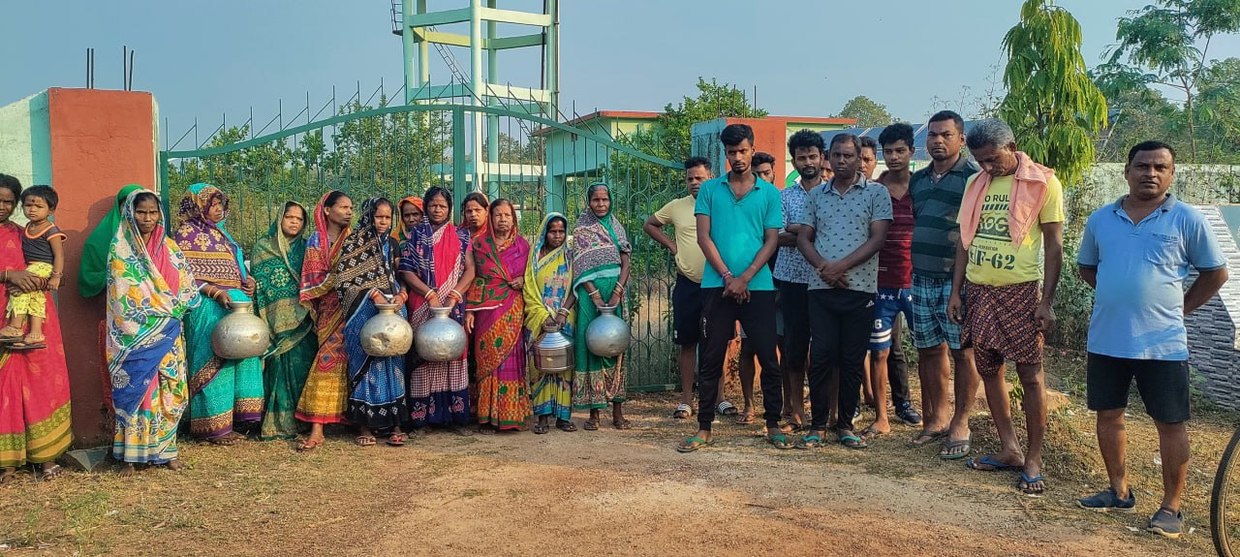
Systems Failure
A few days before the elections, Ramachandra Gouda of Nuagaon village in Rayagada district warned that any candidate entering their village to ask for votes would face dire consequences.
“We approached several levels of the administration demanding an irrigation facility, but none paid any heed,” he says. “We had to cut through the hills to channel the stream water to irrigate our land.”
Residents of Barima village, also in Rayagada, threatened to boycott the polls. Kante Majhi tells RT: “We have to climb 3km up the hills at dawn and stand in line to get a pot of water from tapped stream water. What we get is polluted with rotten leaves, twigs and other organic material.”
“If a political system fails to fulfill our most basic need, there is no point in casting votes for a failed system,” she says.
Uppali Mohanty, a member of the Youth for Water Plus campaign, which engages young people in water security and climate action, said, “Such sentiments are echoed across other villages, where a daily struggle for water dominates the lives of families, especially women and girls. Women bear the brunt of this crisis, spending hours each day collecting water, which affects their health and social well-being.”
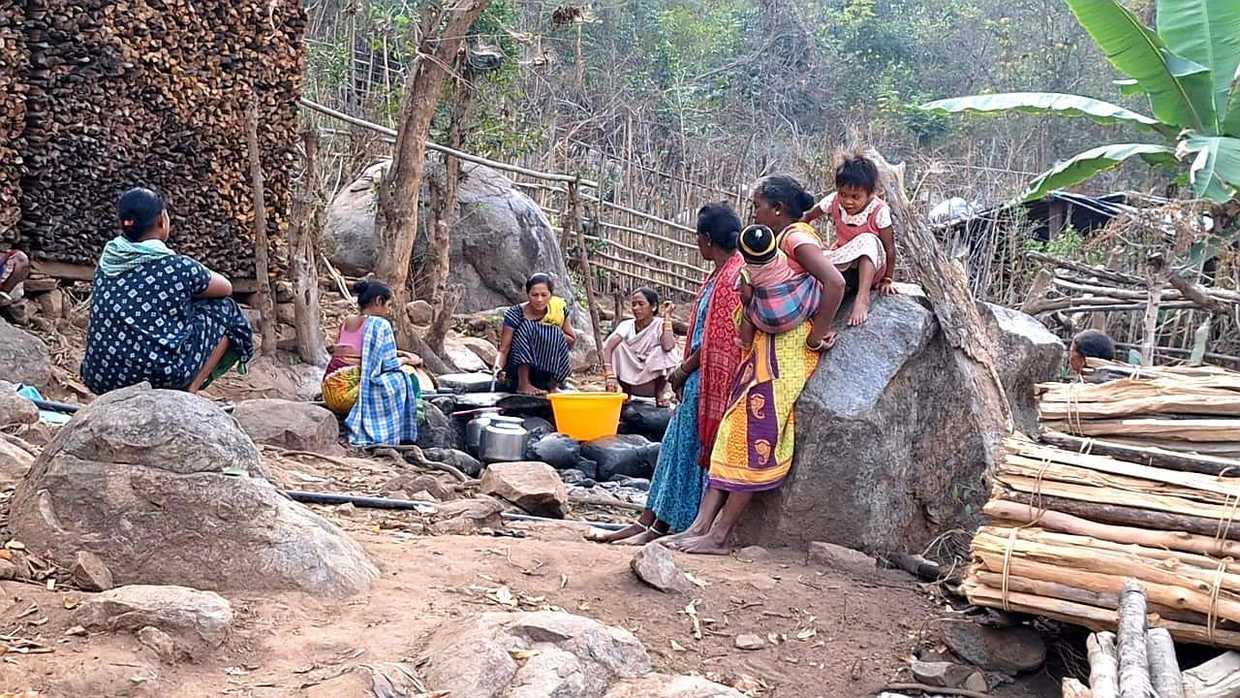
Inefficient Governance and Climate Change
Over 40% households in at least 15 districts have no access to safe drinking water, according to a recent study by a group of NGOs led by Atmashakti Trust, a national organization working for the socio-economic and political empowerment of marginalized communities.
Despite the implementation of the ambitious Buxi Jagabandhu Assured Water Supply to Habitations (BASUDHA) program, aimed at providing piped water to every household, safe drinking water continues to elude many rural areas.
According to Nabakishore Pujari, a state-based development researcher, the implementation of BASUDHA has been fraught with delays and inefficiencies. Bureaucratic red tape, corruption and inadequate infrastructure have significantly hampered the progress of water projects, leaving residents dependent on contaminated water sources. This gap between promise and performance has led to mounting frustration among the electorate, he added.
Sandeep Kumar Pattnaik, a researcher on the impact of climate change on water security, says Odisha’s water crisis has been exacerbated by climate change – erratic rainfall, prolonged droughts and depleted groundwater levels.
Marginalized communities, which already exist on the fringes of economic and social development, bear a disproportionate burden of this water insecurity, leading to heightened food insecurity and health issues. It is the mandate of the governments to give special attention to address the issue of water insecurity, he added.
According to author and political analyst Sandeep Sahu, if a village boycotts the electoral process, it is a vote of no confidence against the current local government, which has failed to provide basic services like roads, water, and healthcare despite being in power for over 24 years. Although the boycott may not significantly affect the election outcome as the number of villages is not massive, it indicates dissatisfaction with the administration.
The electorate’s response to these unmet needs highlights the need for political accountability, says Bidyadhar Deb, who tracks politics in Odisha.
In contrast, water availability has increased voter turnout in Nuapada district of Odisha. Ajit Panda, a farmer and climate crusader from Khariar, claims that polling in Nuapada has increased by 4%. He maintained that the Lower Indra Project canal is functional this Rabi (winter harvest) season. As a result, farmers in the district have started Rabi cultivation for the first time this year.
The Rabi crop is sown around mid-November, after the monsoon, and harvesting is in April-May. This has helped the district retain a significant portion of its migrant population, leading to an increased voter turnout, the activist said.

